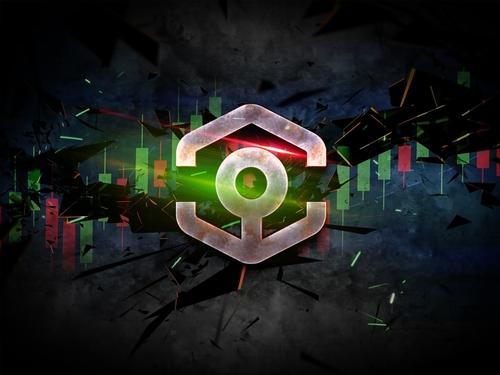- Ankr and Brevis coChain have joined forces to revolutionize Web3 with zero-knowledge technology.
- Brevis enables secure utilization of blockchain data for innovative applications through smart contracts.
- Ankr’s RaaS platform improves the scalability and interoperability of decentralized services.
Ankr, a leader in the blockchain space, has collaborated with Brevis coChain to revolutionize the Web3 network.
This collaboration marks an important milestone in the blockchain industry as it aims to solve key challenges such as scalability, security, and interoperability.
Pioneering ZK Technology coprocessing technology
Brevis coChain, known for its zero-knowledge (ZK) coprocessing technology, offers a game-changing solution.
By leveraging ZK joint processing, smart contracts can now access and utilize historical blockchain data for computations in a secure environment. This breakthrough not only improves the functionality of smart contracts, but also opens new avenues for decentralized applications (DApps) across various blockchain networks.
Ankr’s role as mainnet AVS operator
In the partnership, Ankr will assume the important role of mainnet AVS operator. Ankr’s expertise in providing robust infrastructure for blockchain networks ensures the smooth operation of Brevis coChain’s innovative solutions.
Ankr’s Rollups as a Service (RaaS) platform allows developers to create complex DApps that leverage the zero-knowledge collaborative processing capabilities of Brevis coChain to improve the overall performance and efficiency of the Web3 network.
The integration of Brevis coChain and EigenLayer further enhances functionality. Leveraging EigenLayer’s cutting-edge technology, coChain AVS (Account Verification System) enables seamless confirmation of transactions through zk-rollup proof. This not only reduces operational costs but also improves processing times, making it a win-win solution for both users and developers.
The collaboration between Ankr and Brevis coChain is not just about technological advancement. This is to foster a more inclusive and interconnected blockchain ecosystem. By promoting cross-chain compatibility and secure information sharing, it paves the way for widespread adoption of decentralized finance (DeFi) and other blockchain applications.

